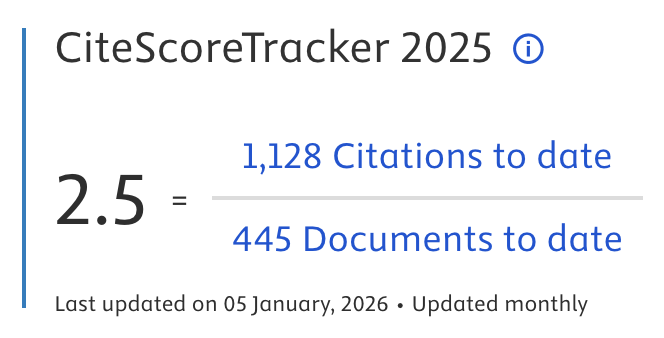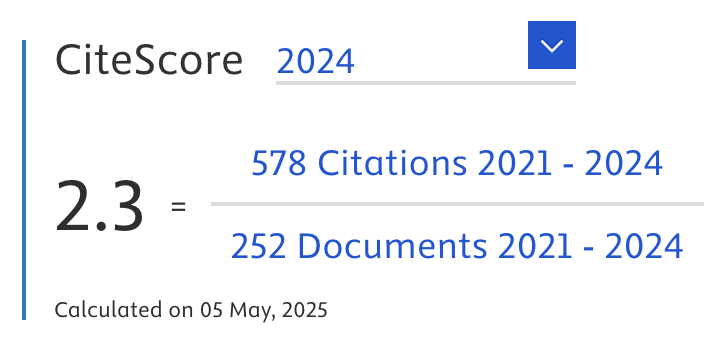Statistical Analysis the Influence of Internal and External Factors on Entrepreneurial Intentions
Abstract
This study aimed to explore and analyze the internal and external factors influencing statistical analysis the influence of internal and external factors on entrepreneurial intentions. The specific focus was on conducting an in-depth analysis of how these factors manifest within the data science demographic. The study involved a sample group of 432 university students, employing an anonymous questionnaire to gather reliable feedback and achieving a commendable response rate of 93%. Through an established random sampling scheme, 402 valid responses were obtained for data analysis. The data processing and analysis were conducted utilizing SPSS software, incorporating descriptive statistics, hypothesis testing, and multiple regression analysis to uncover insights within the data science context. The study yielded significant results: 1) Gender emerged as a robust variable with a significant t-value=3.28 and a low p-value = .001, indicating a notable gender-based disparity in entrepreneurial intention among students in the data science domain. Work experience also exhibited noteworthy t and p-values (t = -2.45, p = .015), emphasizing the influential role of prior work experience on students' entrepreneurial inclination within the data science field; 2) A comprehensive examination of data related to determinants of university students' entrepreneurial intention revealed distinct differences in the realm of individual traits (personality: 𝑥̅ = 3.94, SD. = .74; values: 𝑥̅ = 4.01, SD. = .70; motivation: mean = 3.87, SD. = .74), social-cultural influences (𝑥̅ = 3.89, SD. = .70), family (𝑥̅ = 3.78, SD. = .86), peers (𝑥̅ = 3.77, SD. = .72), mentors (𝑥̅ = 3.72, SD. = .89), dimensions related to data science entrepreneurship education (innovation education: 𝑥̅ = 3.80, SD. = .87; training: 𝑥̅ = 3.76, SD. = 0.94; courses: 𝑥̅ = 3.71, SD. = .93), and economic environmental factors (financial pressures: 𝑥̅ = 3.93, SD. = .77; financing: 𝑥̅ = 3.89, SD. = .72; market opportunities: mean = 3.83, SD. = .80) exhibited pronounced trends towards convergence within the data science sector. These findings highlight the necessity of comprehensively considering multiple interconnected factors specific to data science in fostering entrepreneurial spirit among university students; 3) All secondary indicators of the four hypothesized factors - individual traits, social support, data science entrepreneurship education, and economic environment - were significant at the .01 level (p < .01), affirming positive correlations between all hypothesized factors and the dependent variable of entrepreneurial intention within the data science context.
Article Metrics
Abstract: 553 Viewers PDF: 297 ViewersKeywords
Full Text:
PDFRefbacks
- There are currently no refbacks.

Journal of Applied Data Sciences
| ISSN | : | 2723-6471 (Online) |
| Collaborated with | : | Computer Science and Systems Information Technology, King Abdulaziz University, Kingdom of Saudi Arabia. |
| Publisher | : | Bright Publisher |
| Website | : | http://bright-journal.org/JADS |
| : | taqwa@amikompurwokerto.ac.id (principal contact) | |
| support@bright-journal.org (technical issues) |
 This work is licensed under a Creative Commons Attribution-ShareAlike 4.0
This work is licensed under a Creative Commons Attribution-ShareAlike 4.0





.png)